Service Learning for Sustainability
By members of the APSS service learning team: Dr. Amy Ho, Ms. Amoy Ong, and Dr. Dennis Cheung
Extending Campus Sustainability Effort to the Community through Service Learning
Hong Kong is facing environmental challenges which post threats to the sustainability of our environment. The municipal solid wastes (MSW) issue, in particular, warrants our special attention. We are now sending more than 9,000 tons of solid wastes to the landfill and one-third of them are consumable food (Environmental Bureau, 2012). The three landfills in Hong Kong will be saturated by 2014, 2016 and 2018 respectively. Paradoxically, one in five Hong Kong citizens lives on income below the poverty line, one in four children does not get three meals a day and one in three elderly struggles to meet their basic nutritional needs.
Around the world, service learning has flourished in higher education against a backdrop of the call for civic engagement and inter-disciplinary response to community needs. In addressing the food waste problem, a service learning subject APSS2S07 “You can make a difference to our planet” was launched by the Department of Applied Social Science (APSS) to cultivate civic responsibility, social awareness and empathy among undergraduate students through inspiration, reflection and civic engagements.
 One-third of our solid wastes disposed to landfill are consumable food
One-third of our solid wastes disposed to landfill are consumable food
 The SENT, NENT and WENT landfills are anticipated to be exhausted in 2014, 2016 and 2018 respectively
The SENT, NENT and WENT landfills are anticipated to be exhausted in 2014, 2016 and 2018 respectively
Campus-community Partnership
In this service learning subject, students were able to work closely with Ever Green Association, a locality-based civic organization which aims at creating a sustainable community through networking and community capacity building.
What Have the Students Accomplished?
"Food Share, We Care" Project
This food recycling project focused on sharing consumable food items within the community, food that would otherwise had ended up in the dumpsters. Together with volunteers from the local community, students collected donated consumable food items from the Hung Hom Wet Market, nearby hawker stores and bakeries (e.g. vegetables, seafood and baked goods) in small groups.
These food items would then be distributed to the elderly and low-income families in the nearby Hung Hom public housing estates, nursing home as well as the Holy Carpenter Church and Community Center. On average, about 150 kg of food was collected every evening and benefitted more than 50 individuals and families. An estimation of about 40,000 kg of consumable food was saved every year through this “Food Share, We Care” project.
|
 |
|
 |
|
 |
| |
|
Student in small groups collecting donated consumable food items from the wet market |
|
Students sorting donated consumable food items for distribution |
|
About 150 kg of consumable food was saved per day and more than 50 individuals and families were benefitted by the “Food Share, We Care” project |
|
 Student in small groups collecting donated consumable food items from the wet market
Student in small groups collecting donated consumable food items from the wet market
 Students sorting donated consumable food items for distribution
Students sorting donated consumable food items for distribution
 About 150 kg of consumable food was saved per day and more than 50 individuals and families were benefitted by the “Food Share, We Care” project
About 150 kg of consumable food was saved per day and more than 50 individuals and families were benefitted by the “Food Share, We Care” project
"Open the Cupboard" Project
This was a community education program on environmental sustainability which was held at two public housing estates (Sau Mau Ping and Hung Hom Estates). The management offices of these housing estates were enlisted as co-organizers who helped publicize the events to thousands of residents. Educational display boards were prepared to educate the public on the extend of food waste challenge in Hong Kong, as well as practical tips on how food can be reused and recycled. The students involved residents in identifying the expiry dates of food items through games. Consumable goods brought forward by the residents were recorded and categorized for later distribution to the community. The program attracted an average attendance of 200 residents in both communities.
 Boards outlining the food waste challenge in Hong Kong were displayed for education purpose
Boards outlining the food waste challenge in Hong Kong were displayed for education purpose
 Students involved residents in identifying food items which can be donated through games
Students involved residents in identifying food items which can be donated through games
 Consumable food were brought forward by residents for distribution to the community
Consumable food were brought forward by residents for distribution to the community
Community Capacity Building Projects
Based on the service learning experience above, students formed themselves into small teams and worked closely with the partner organization to strengthen the capacity of community. Students were encouraged to make good use of their knowledge and skills and proposed workable strategies on raising community awareness on the food waste problem, improving the logistics of food collection and distribution, as well as better design and publicity of the “Food Share, We Care” project.
Impact on Students
The service learning experience did have an impact on students’ learning outcomes. Through the actual experience of collecting consumable food from the community, students recognized the magnitude of the food waste problem and how low-income individuals and families were able to benefit from the food recycling services. They developed a great sense of civic responsibility and realized the power of concerted effort by different stakeholders in the society to work towards environmental sustainability.
Students’ Feedback
- “Before I attended this course, I never realized food waste is a problem. From now on, I will try my best to reduce food waste in my daily life and also urge my family and friends to care about this problem. It is our responsibility to reduce food waste and to share food with those in need.” (V Li, Marketing Student)
- “The community service we participated really helps a lot in reducing food waste and benefits the needy families. At the same time, the project can also change the attitude of stakeholders in the community towards food wastes, including volunteers, donors and the food recipients.” (H Ho, Radiography Student)
- “I realized that collective effort by the citizens can be very powerful in addressing the food waste problem. We acknowledge the problem, we discuss, and we act! ” (S Wu, Scheme of Design Student)
- “I put theory into practice through the learning and services. Everybody can make a difference to our planet and we are responsible to make our world a better place” (G Chen, Electronic Engineering Student)
Impact on the Community
This campus-community partnership provided students with a chance to demonstrate the relevance of what they had learnt in the university and allowed them to make real contribution to people’s lives in their own community. A fair amount of consumable food was collected and shared with needy families in the community, and hence reduced their economic burden on food. The project has not only reduced the amount of food waste to be sent to the landfills, but also enhanced public awareness of the food waste problem, as well as strengthening the capacity of the community to work towards long-term environmental sustainability.
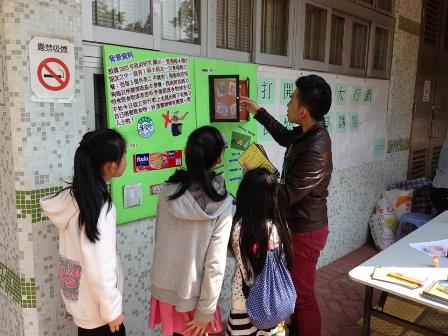

 One-third of our solid wastes disposed to landfill are consumable food
One-third of our solid wastes disposed to landfill are consumable food
 The SENT, NENT and WENT landfills are anticipated to be exhausted in 2014, 2016 and 2018 respectively
The SENT, NENT and WENT landfills are anticipated to be exhausted in 2014, 2016 and 2018 respectively



 Boards outlining the food waste challenge in Hong Kong were displayed for education purpose
Boards outlining the food waste challenge in Hong Kong were displayed for education purpose
 Students involved residents in identifying food items which can be donated through games
Students involved residents in identifying food items which can be donated through games
 Consumable food were brought forward by residents for distribution to the community
Consumable food were brought forward by residents for distribution to the community


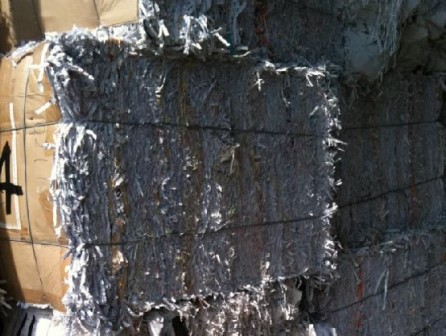
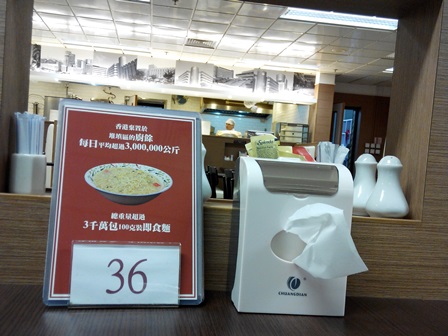
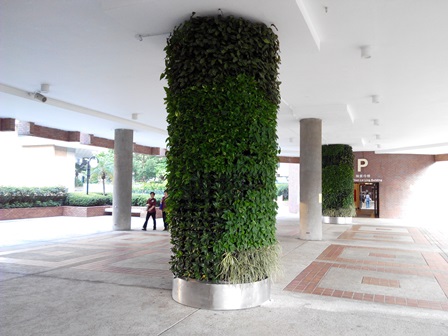
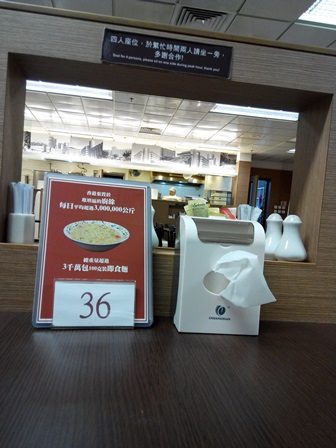
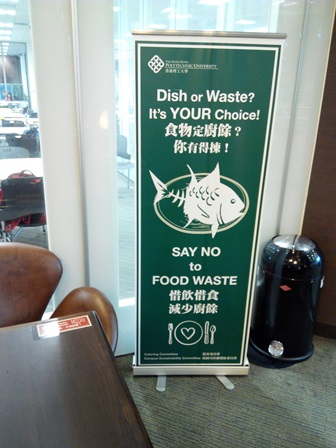
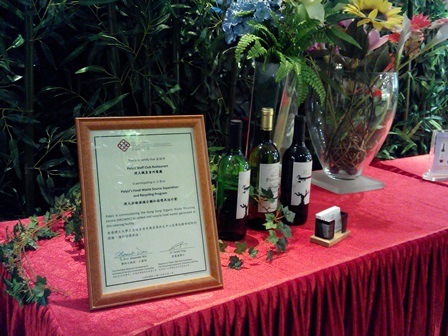
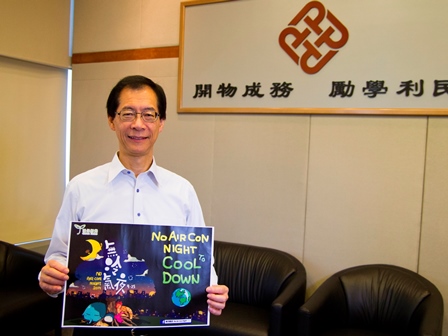
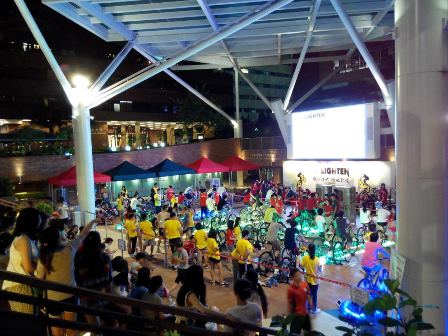
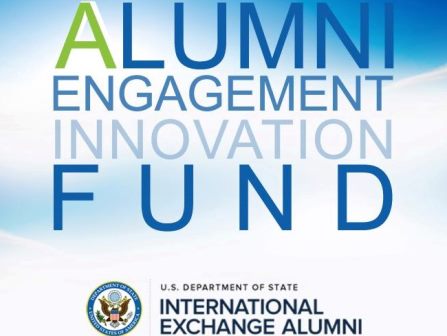
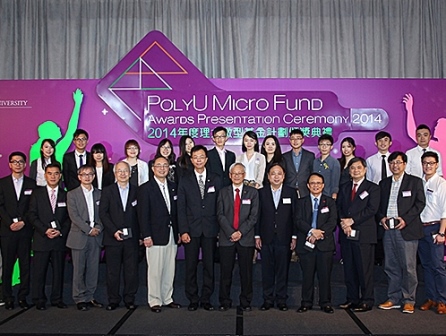
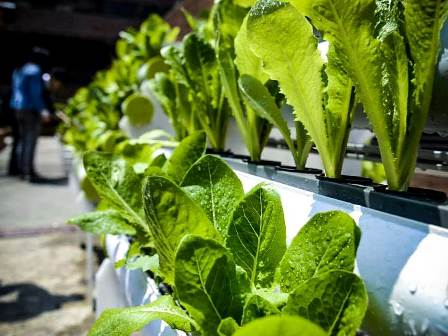
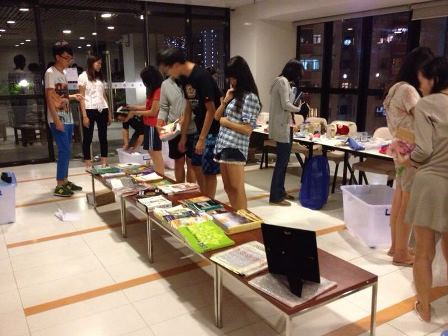

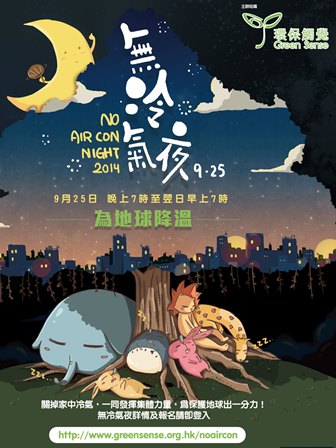
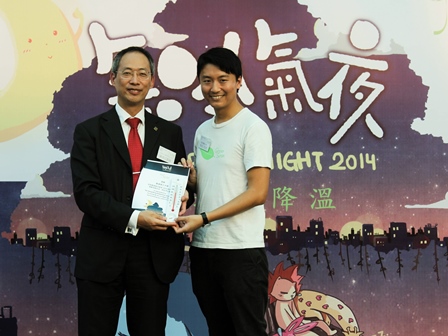 Ir. Professor Alexander Wai, Vice President (Research Development) provided the Opening Speech at the Kick-Off Ceremony of Hong Kong No Air Con Night 2014
Ir. Professor Alexander Wai, Vice President (Research Development) provided the Opening Speech at the Kick-Off Ceremony of Hong Kong No Air Con Night 2014
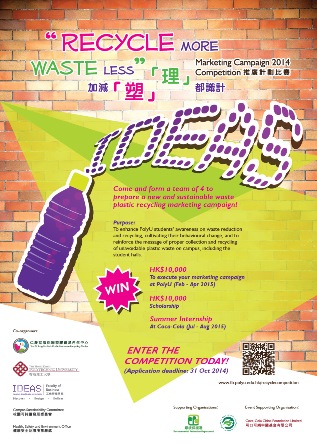
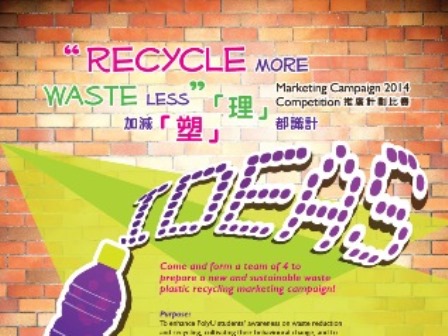
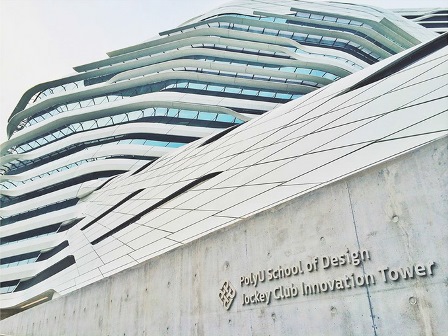
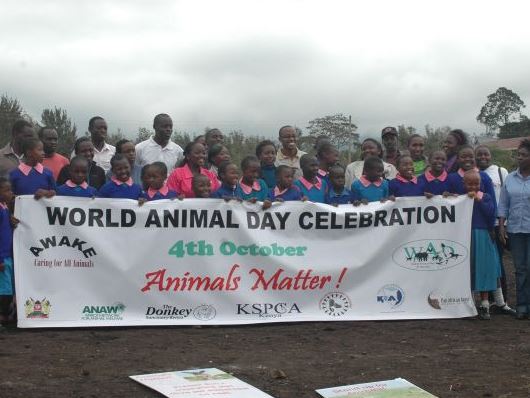
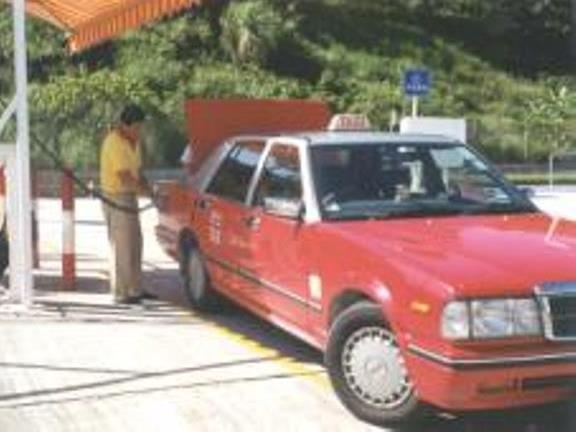
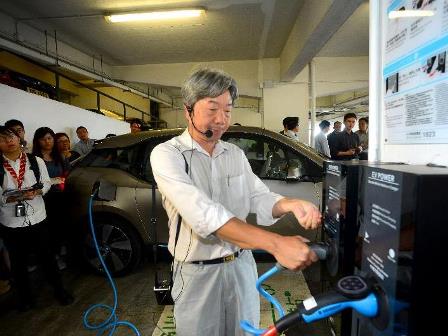
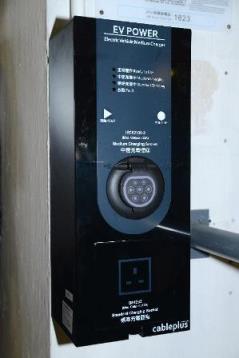 Outlook of a newly installed public EV medium charger
Outlook of a newly installed public EV medium charger
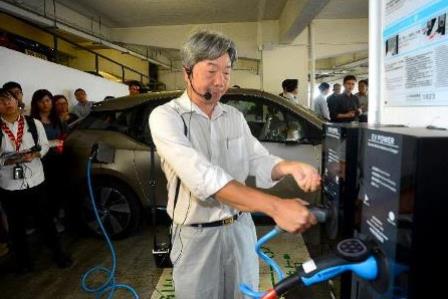 Electrical and Mechanical Services Department’s representative explaining the operation of the medium chargers for EVs
Electrical and Mechanical Services Department’s representative explaining the operation of the medium chargers for EVs
